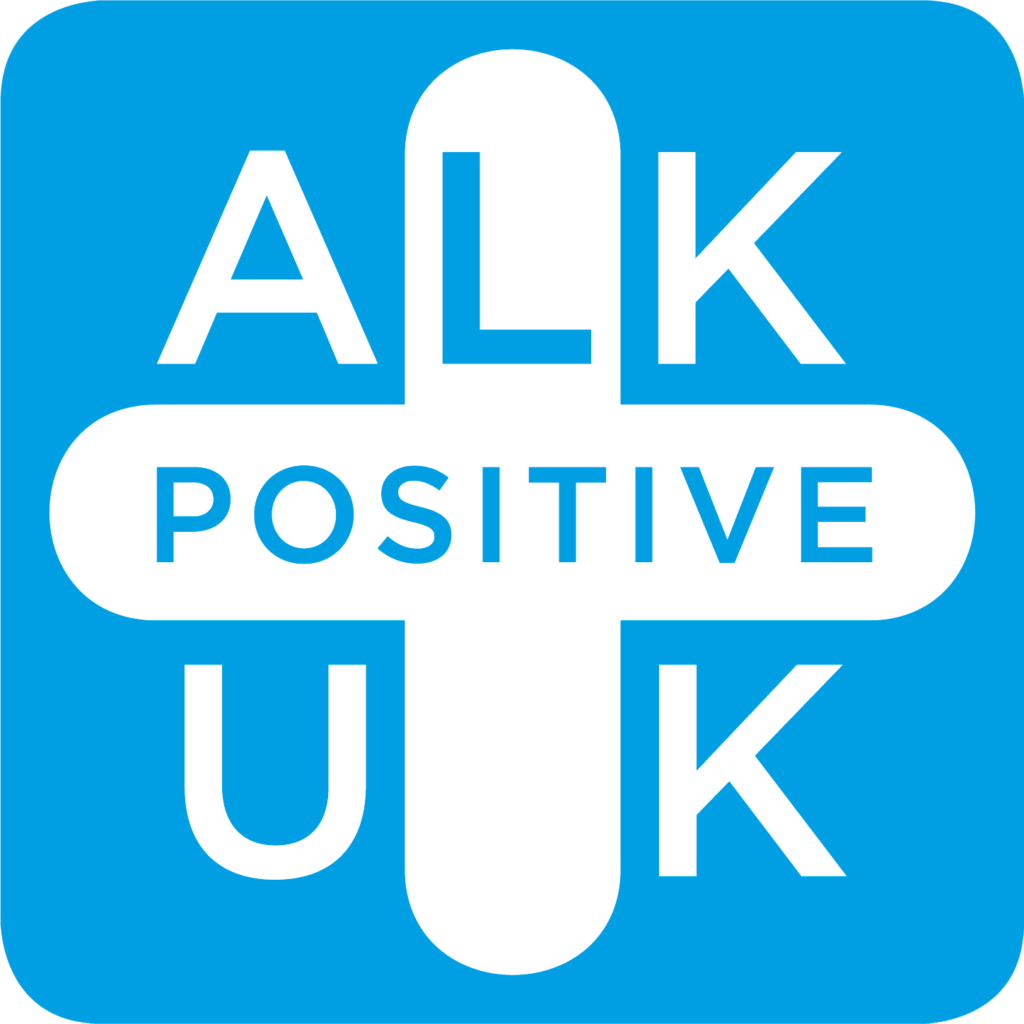
ALK Positive UK
This section has been informed by ALK Positive UK, a registered charity established by patients for patients. The charity provides a range of support for people living with or affected by ALK+ lung cancer, including a private online support group, regional lunches for patients and their families, advice booklets and leaflets.
Click here to visit the ALK Positive UK website.
ALKPositive.org.uk
